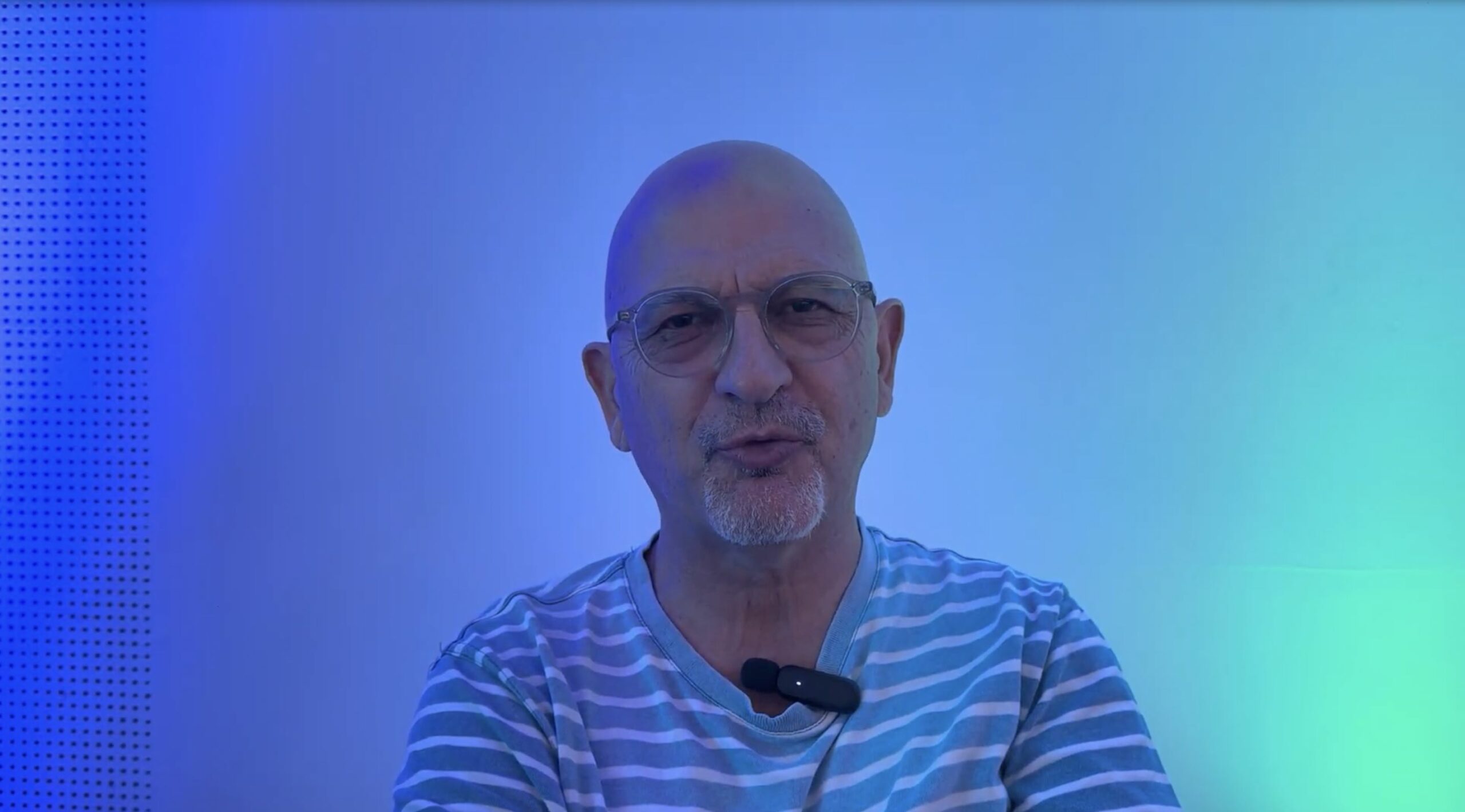
Rémi Parmentier was an ocean advocate who had been working to protect the oceans for more than 50 years. His passion for the marine cause never wavered, quite the contrary. At 70, he was still fighting with the same energy. ‘Action is needed to counter eco-anxiety,’ he added, setting the tone for his message: he was a fervent advocate of concrete action.
We had the honour of meeting him at the Sea Forum in Bizerte in 2024. Today, we share with you the rich and inspiring exchanges that took place during this meeting.
Making ocean protection the norm
Rémi Parmentier shares his vision for the future of ocean protection. ‘My ambition is to make ocean protection the norm, not the exception.’ According to him, ocean defenders must stop begging governments to protect marine areas. Instead, it is up to industry to prove that its activities do not harm the ocean. ‘Reversing the burden of proof’ means requiring extractive industries to prove that their actions do not destroy the ocean’s balance.
A campaign for a global treaty on plastic pollution
As part of this drive for change, he launched the Let’s Be Nice to the Ocean initiative, named after the city of Nice, where the UN Ocean Conference was held in June 2025. It advocates a programme to make ocean protection ‘the norm’. In addition to this initiative, he is actively involved in international negotiations to establish a UN treaty against plastic pollution, particularly in the Mediterranean. This treaty should not only reduce plastic production, but also encourage reuse rather than recycling, in order to prevent the proliferation of plastic waste. ‘Reuse is not single use, it is the repeated use of the same product.’
Three major challenges for ocean protection
Rémi Parmentier highlights three major areas of work for ocean protection. The first concerns the deep sea, which is threatened by mining and bottom trawling. ‘It’s like sending a bulldozer into the deep sea,’ he says, denouncing a fishing technique that is devastating for the marine ecosystem. The second concerns the Southern Ocean around Antarctica, a region that is particularly vulnerable to the impacts of climate change. Finally, he mentions the Mediterranean, which he considers a laboratory for modernising the Barcelona Convention, an international treaty signed in 1975 for the protection of the Mediterranean Sea. He stresses the need to reform this treaty to better manage contemporary issues such as overtourism and the blue economy.
The history of the fight to ban waste dumping at sea
Rémi Parmentier recalls one of his greatest battles: the ban on the deliberate dumping of radioactive and industrial waste at sea. This battle lasted 15 years and culminated in 1993, after several countries withdrew their objections, with the prohibition of this destructive practice. ‘It was an implementation of the precautionary principle,’ he recalls, emphasising the importance of preventing risks before they become irreversible, as has been the case with climate change.
Hope through action and perseverance
Despite the immense challenges, Rémi Parmentier remains optimistic: ‘We must not despair.’ In his view, although the response to their efforts is often disappointing, every small victory counts. ‘You can’t win the war on your own, but you can win battles.’ For him, these battles add up and can lead to significant change in the long term.
A call to younger generations
Finally, he addresses teenagers, urging them not to wait to take action: ‘If you don’t do it at your age, when will you do it?’ He advises them to ‘question the status quo’ and dare to take initiatives to protect the environment.
Testimonies from the same panel